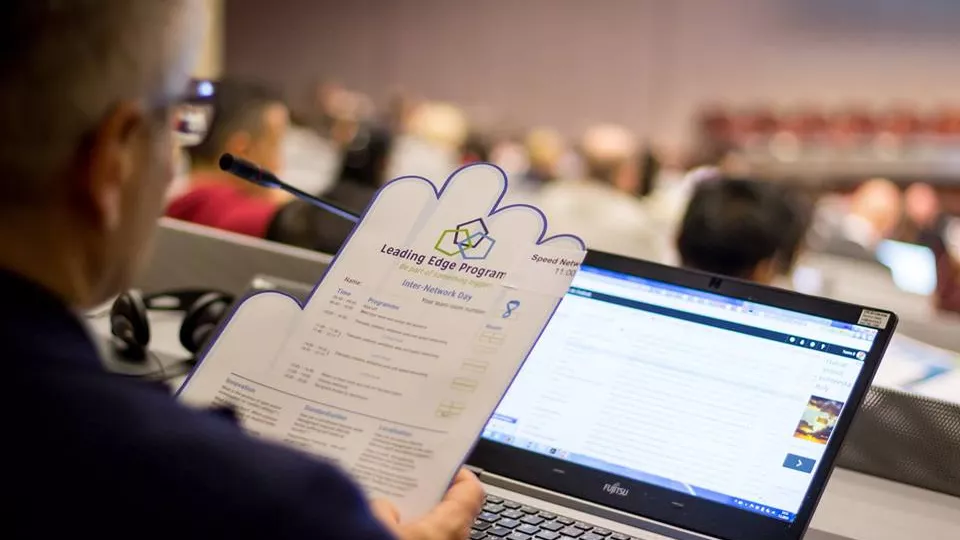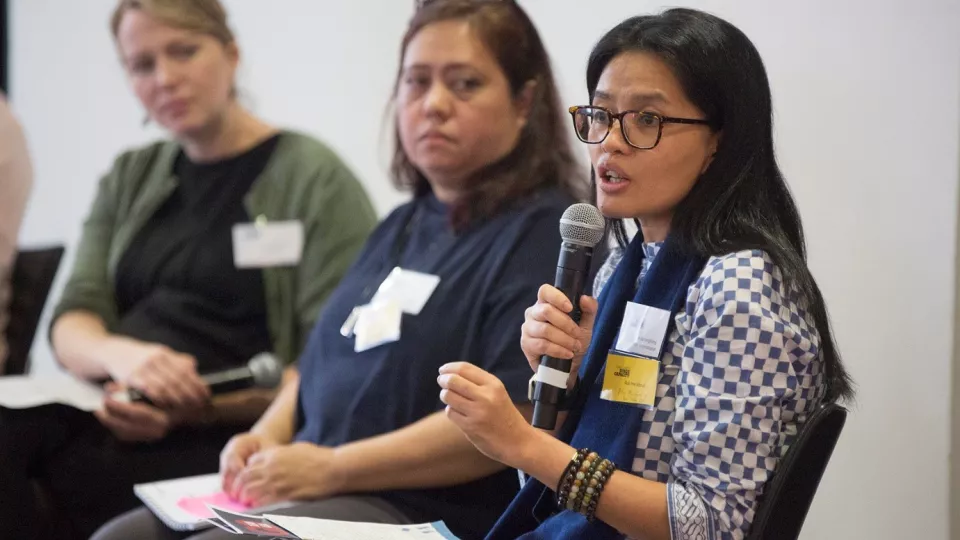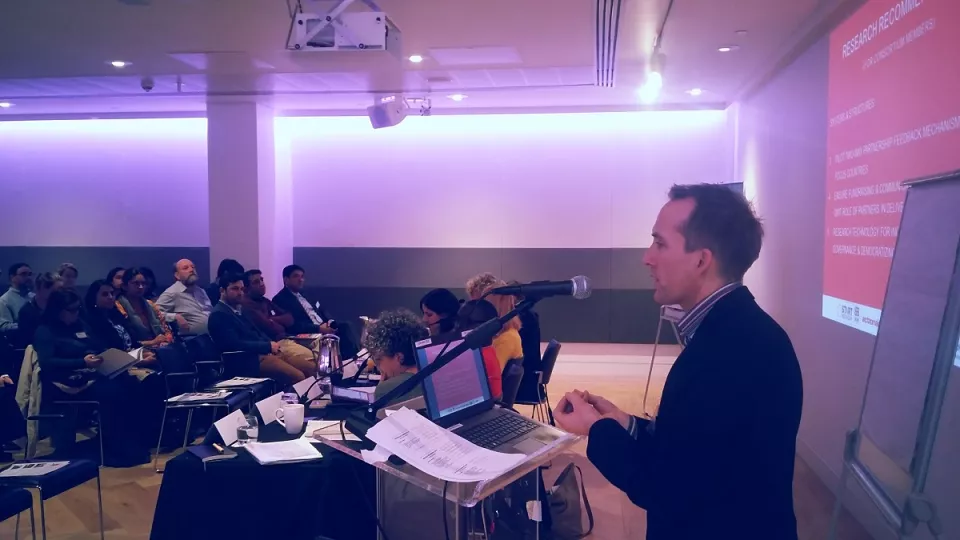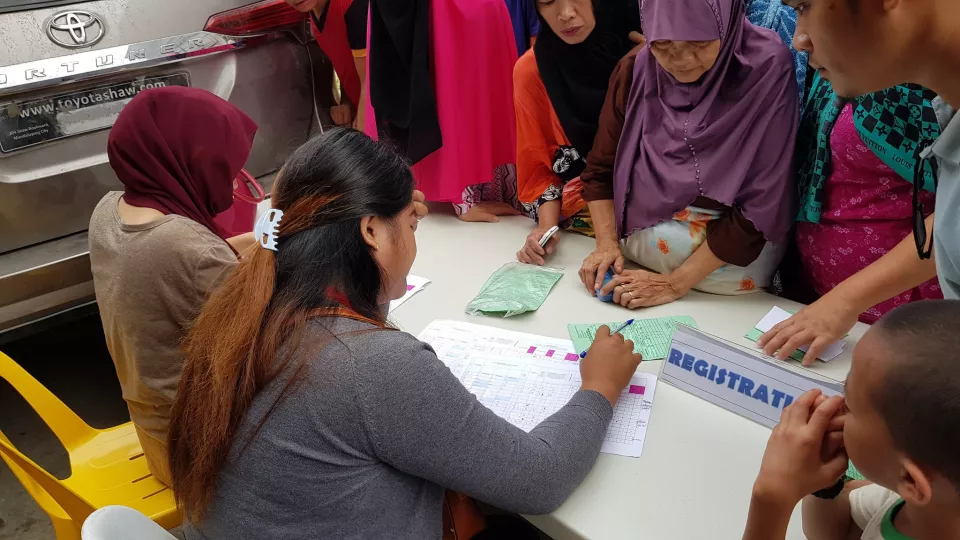Women’s leadership in preparedness – why does it matter?
International frameworks emphasise the importance of women’s leadership as a requirement for effective humanitarian action - both on the frontline and in designing preparedness programmes - but women remain underrepresented in decision-making roles.








